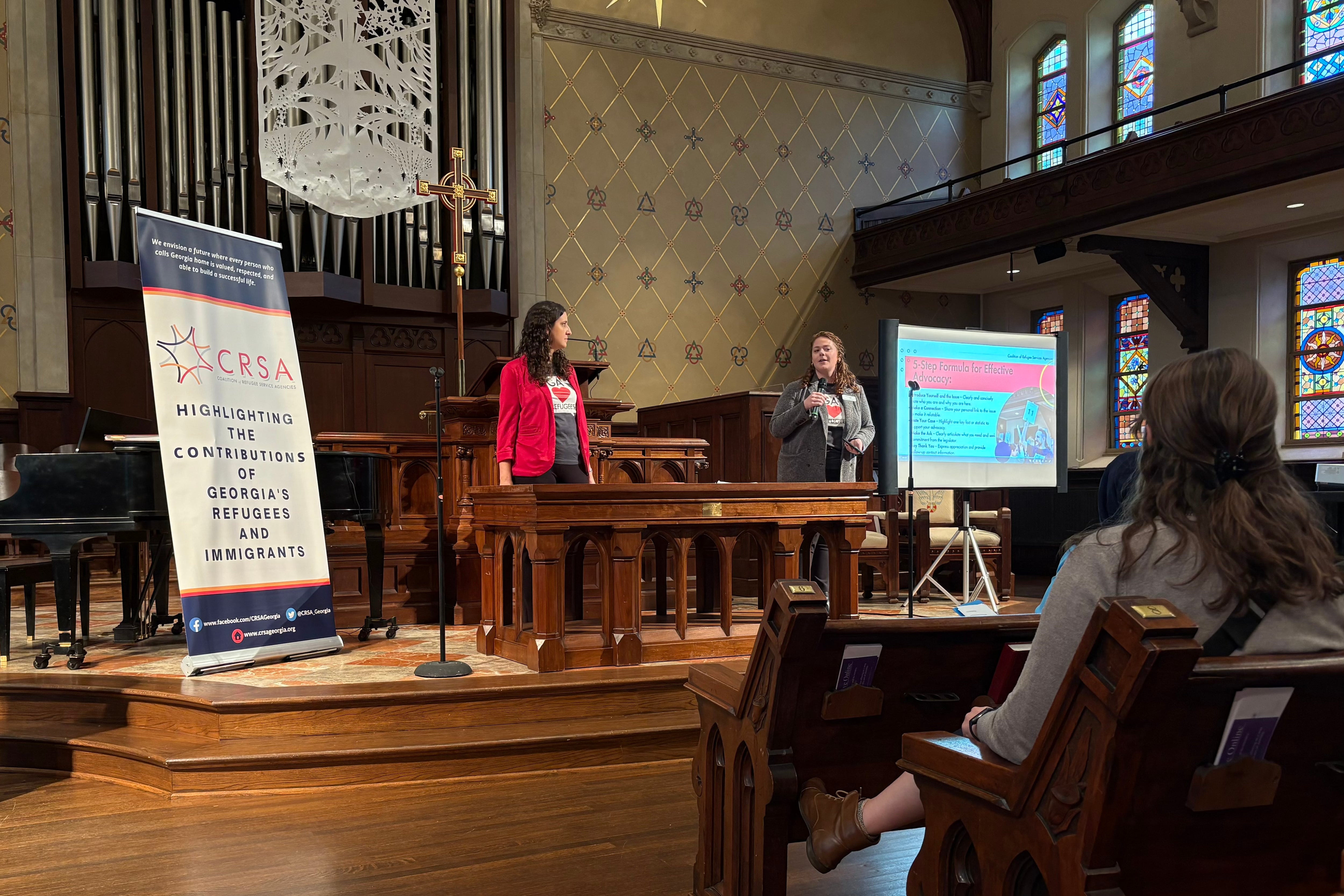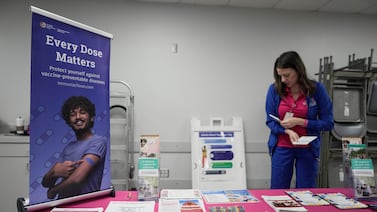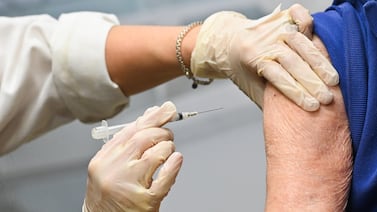Public health, explained: Sign up to receive Healthbeat’s free Atlanta newsletter here.
Georgia lawmakers introduced a bill this week to make it easier for international medical graduates to practice as doctors in the state, a pathway health and immigration advocates have said is crucial for addressing current and future workforce shortages.
Four senators — two Republicans and two Democrats from across the state — submitted a proposal Tuesday that would allow physicians who have trained overseas and met U.S. licensing standards to train as doctors at reputable Georgia health care organizations.
After two years of training, those who have met the program’s benchmarks could apply for a different license that would let them practice in underserved communities or at teaching colleges. Two years later, people in that program would be eligible to apply for a full medical license.
Lawmakers introduced similar legislation at last year’s session but failed to complete it, even after the language was repackaged into other bills. Kim Jackson, a Democrat and the lead sponsor of the 2024 and 2025 bills, told Healthbeat in December that she expected this year’s proposal to pass with bipartisan support.
Georgia health professionals have been asking for a law like this for over a decade as a way to address growing primary care shortages and improve culturally competent care for immigrant patients. Dr. Gulshan Harjee, a cofounder of the Mosaic Health Center (formerly the Clarkston Community Health Center) and an immigrant doctor who trained in the United States, said she’s been advocating for an accessible pathway for international medical graduates since the early 2010s.
“We need physicians, and they need work,” Harjee told Healthbeat in November. “So how can we make this happen?”
The new bill was highlighted Thursday inside the Central Presbyterian Church sanctuary, across the street from the State Capitol. There, the Coalition for Refugee Service Agencies was hosting its annual New Americans Celebration, an event to advocate for and against policies that impact Georgia migrants, immigrants, and refugees.
Before the hundreds of attendees walked across the street to speak with their representatives, Emily Laney, executive director of the Tucker refugee advocacy nonprofit The Welcome Co-Op, pointed out the international medical licensing bill as important legislation to talk about.
“It is a great opportunity to really promote the positive contributions of immigrants in our state,” she told the audience from the church pulpit. “This is really exciting.”
Whitney Kweskin is a senior program manager for the Atlanta refugee service group New American Pathways. She said that over her past 15 years with the organization, she’s worked with many international medical professionals who would be happy to fill state health care gaps if given the opportunity.
She, like Jackson, is hopeful this will be the year Georgia completes this legislation.
“It really does need to pass,” Kweskin said. “The faster this happens, the faster the people in rural areas can get better care.”
The bill has been assigned to the Senate Committee on Regulated Industries and Utilities.
Allen Siegler is a reporter covering public health in Atlanta for Healthbeat. Contact Allen at asiegler@healthbeat.org.







